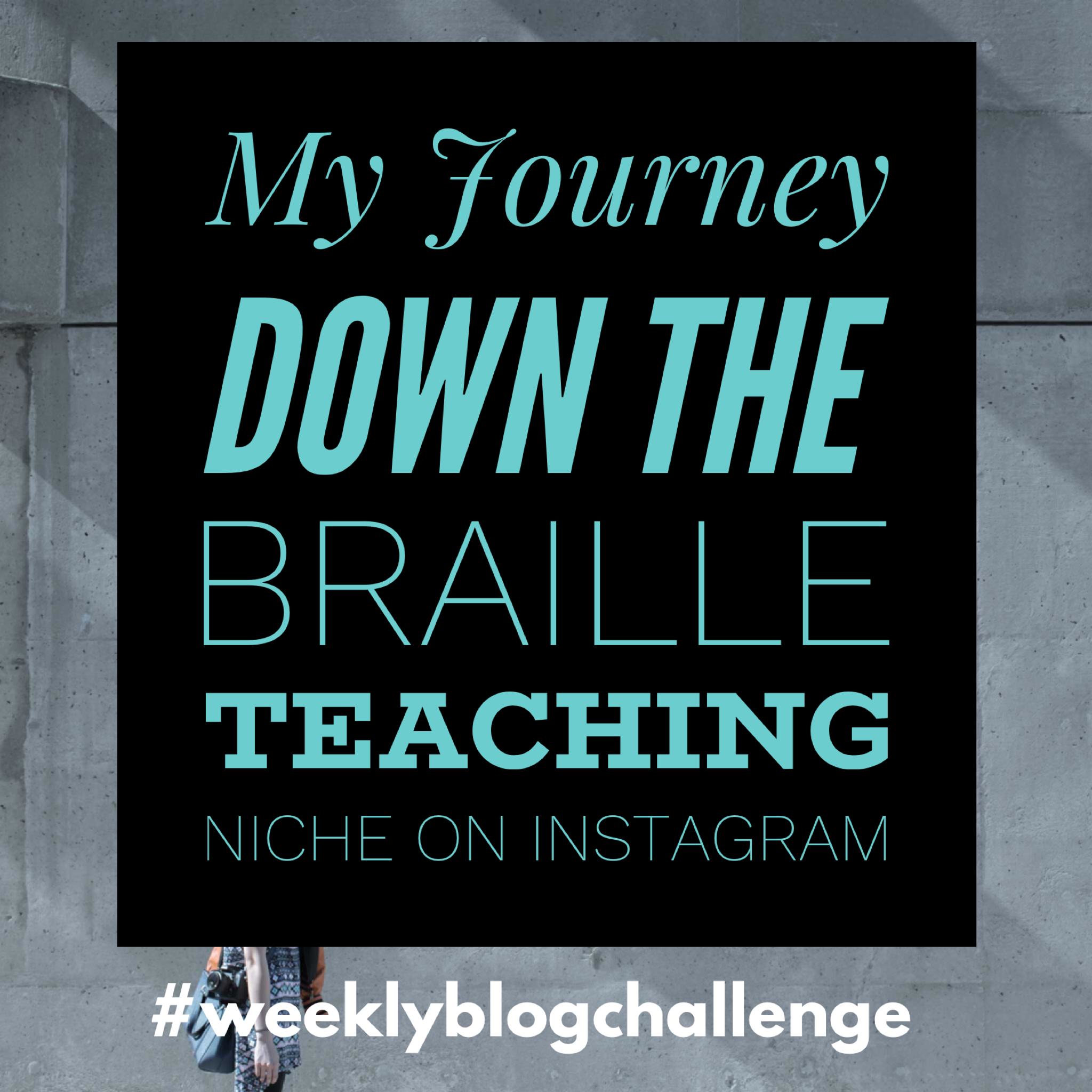I have never given much thought to the order in which I read out my students’ spelling list words. I have always read out the words as they appear on the list, which is read from top to bottom. As time went on, I noticed that my students were writing down the first word and the last word from their spelling list before the start of the test. I assumed this was ok because they had memorised their words. I never reconsidered this teaching practice until a conversation I had recently with a colleague of mine. A conversation I wanted to share with you as part of my latest blog in my #weeklyblogchallenge
In this conversation she mentioned that there was research which suggests that teachers should mix up the order in which they read their spelling list words. So I decided to try this out. I also decided to not tell my students about the impending change. The shock on their faces was priceless! I can be ‘evil’ like that sometimes.
I use markup to help divide my test into sections of five. I then tick off or highlight each word after it is read.
When I collected the students’ scores I noticed an interesting trend in the data. There was no change to the spelling test scores with my students who are already fluent readers and spellers; however, the students who find reading and spelling challenging all had lower test scores than usual (by about 3-4 marks). I ran my Soundwaves spelling program like normal and the only change I made was to the order in which I read out my words. I also wonder if look, cover, say, write and check also had a part to play in this result. When you think about it, students learn these words by writing them out again and again from tom to bottom.
This change in the data seems to suggest that mixing up the order in which the words are read out takes this cohort of students out of their comfort zone. This also reminds me of students who do really well in spelling tests but then forget how to spell these words correctly within their everyday writing. We want our students to spell their words correctly in a variety of situations not just within the context of a typical spelling lesson.
Definitely food for thought when thinking about how you can mix up your spelling test lessons and also when considering grades for writing.
If you think this website is awesome then please ...
Bookmark this page.
Follow us on Instagram | @griffin_edu
Like and follow us on Facebook | @griffineducationenterprises
Follow us on Twitter | @Griffin_Edu
Follow us on Pinterest | Griffin Education Enterprises
Join our mailing list down below.
Consider supporting us on Patreon.
And most importantly, share this website with other educators!












